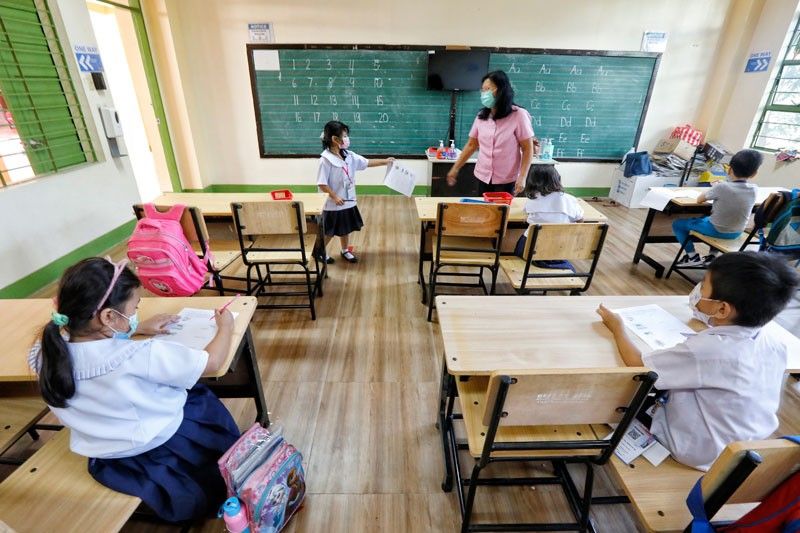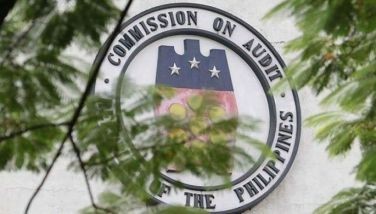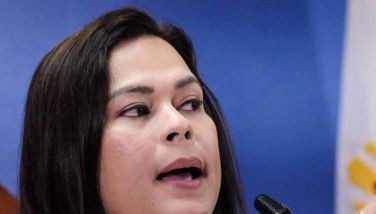June-March academic calendar back in 2025

ACT: Teachers’ salary hike stalled
MANILA, Philippines — The Department of Education (DepEd) has agreed with school officials, teachers, students and parents to start classes for the coming school year (SY) 2024-2025 on July 29 as part of the gradual return to the old June-March academic calendar that would fully take hold three school years from now.
Speaking to The STAR, the Alliance of Concerned Teachers (ACT) confirmed that teachers, students and school superintendents reached a “unanimous decision” with the DepEd to gradually revert to the old academic calendar, a plan that could possibly see a shortened school break for students and teachers for SY 2025-2026.
Stressing that none of the agreed-upon terms have been declared final, ACT chairman Vladimer Quetua said SY 2024-2025 would begin classes on July 29, while classes would “hopefully” begin by the third week of June by SY 2025-2026.
Quetua explained that the 60-day school break for SY 2025-2026 could be shortened by 15 days for classes to start by the first week of June in SY 2026-2027, thus fully reverting to the old academic calendar.
“Generally, the decision was unanimous yesterday among stakeholders, especially students, parents, teachers and the federation of superintendents… We met in the middle to not abruptly revert to the old calendar,” he said.
DepEd on Tuesday held in its central office a consultation with student groups, parents, teachers and other stakeholders regarding the matter.
The STAR sought DepEd officials’ comments on the implementation, but they have yet to respond.
In a statement, Teachers’ Dignity Coalition (TDC) chairman Benjo Basas confirmed the results of the consultation and said that DepEd needs to amend its previous order on the new academic calendar to implement the changes discussed during the meeting.
“We are thankful to the DepEd that they heard our calls this time. We expect the immediate release of the policy on this matter,” Basas said.
Meanwhile, Quetua said DepEd assured teachers that the cut in the 60-day school break would be added to their service credits.
He added the agency would hold more consultations and convene all stakeholders for a final meeting before releasing the policy on the gradual return to the old academic calendar.
Due to the lockdowns and remote learning mode implemented in schools brought due to the COVID-19 pandemic in 2020, public schools opened their school year in October of that year.
The academic calendar opened in August when full onsite classes resumed last year.
Earlier, various groups called for the return to the old academic calendar, citing the heat experienced by students last March and April. The calls have prompted lawmakers to file a bill seeking to revert to the old academic calendar of June to March starting school year 2024-2025, as they stressed that the current calendar running from August to June is inappropriate in the country.
At a hearing before the House committee on basic education earlier this week, DepEd Undersecretary and spokesman Michael Poa was asked whether the DepEd is open to shifting to the old calendar and he responded in the affirmative, saying that they merely need to comply with consultations needed “as this involves policy (change).”
Frustration
In another development, the ACT expressed frustration over the stalled implementation of salary hikes for teachers, leaving the first payday of the year with no increase in salary despite appeals.
Since the wage hike under the Salary Standardization Law (SSL) 5 ended last year, the ACT said the government should have implemented a new round of salary increases this year.
Under Republic Act 11466 or SSL 5, all civilian government employees are entitled to a wage hike for the fourth and final year on Jan. 1, 2023.
“Jan. 15 is the first payday of 2024 and not even a cent was added to teachers’ salaries… But the Marcos Jr. administration failed in its promise to raise teachers’ salaries while Vice President and (Education) Secretary Sara Duterte remained mum on the call of teachers and staff,” Quetua said.
“What’s worse is not only is there no more salary hike, but we are also faced with additional deductions because of PhilHealth’s hike in contributions. There is no abundance in the new year for teachers and staff. The first payday is the first pain day in 2024,” he added.
ACT has been pushing for a salary hike since last year due to the “minimal salary increase” for government employees that had already ended last month.
Quetua said a “decisive” move from the government to ensure salary hikes remains to be seen, as he cited how the House of Representatives reduced the P94-billion miscellaneous personnel benefit fund (MPBF) in the National Expenditure Program for 2024 to P24 billion.
“The MPBF is a standby fund for increases in salaries, benefits and staffing positions. The P70-billion budget cut is an expression of the government’s lack of prioritization of the economic welfare of its workforce,” he said.
“We challenge the Marcos administration to be pro-teacher and pro-worker. Urgently raise the salaries of teachers to a viable level. P50,000 entry-level pay for teachers, whether public or private, and P33,000 national minimum wage for all staff and workers,” he added.
Higher education
The Department of Social Welfare and Development (DSWD) yesterday urged the beneficiaries of its Pantawid Pamilyang Pilipino Program or 4Ps to pursue higher education, saying they can avail themselves of the government’s various tertiary education programs.
“These programs aim to enhance access to quality education for qualified beneficiaries of the country’s flagship anti-poverty program by easing the financial burden of deserving individuals aspiring to pursue higher education,” DSWD Assistant Secretary for strategic communication and spokesman Romel Lopez said in a statement.
He added that these programs are offered to “qualified and eligible poor households,” including 4Ps beneficiaries, by the Unified Student Financial Assistance System for Tertiary Education or UniFAST, an attached agency of the Commission on Higher Education (CHED) that unifies and harmonizes government-funded student financial assistance programs or StuFAPs.
“Investing in tertiary education for 4Ps beneficiaries is an investment for the future of their respective households and also a step toward achieving the 4Ps’ goal to alleviate poverty through access to free education,” Lopez said.
The 4Ps beneficiaries may avail themselves of free higher education in any state university and college and CHED-recognized local university and college, pursuant to RA 10931, which exempts students from paying tuition and other school fees.
“We urge the beneficiaries who want to pursue higher education to coordinate with the nearest universities and colleges in their place of residence to avail themselves of the free tertiary education,” Lopez said. – Sheila Crisostomo
- Latest
- Trending































